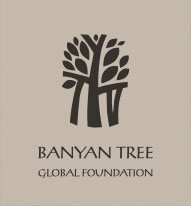With new zero single-use plastic and zero waste-to-landfill policies on our horizon, waste reduction is arguably one of the biggest areas of focus for Banyan Tree in 2018. We want to re-align our focus on the 5 R’s: Reduce, Refuse, Reuse, Remove and Recycle.
To raise awareness of the global need for better waste management, each property must organise and conduct a minimum of 4 cleanups annually, in their local community. As a group, we also support International Coastal Cleanup and World Cleanup Day, every September.
Solid waste to landfill is reported as litres or cubic metres. Solid waste is converted between kilogram and cubic metre based on 650 kg/m3, as used by EarthCheck based on review of relevant case studies and engineering technical references. This conversion is applicable to solid waste subject to compaction both in collection and disposal, but this density estimate is likely to vary.















